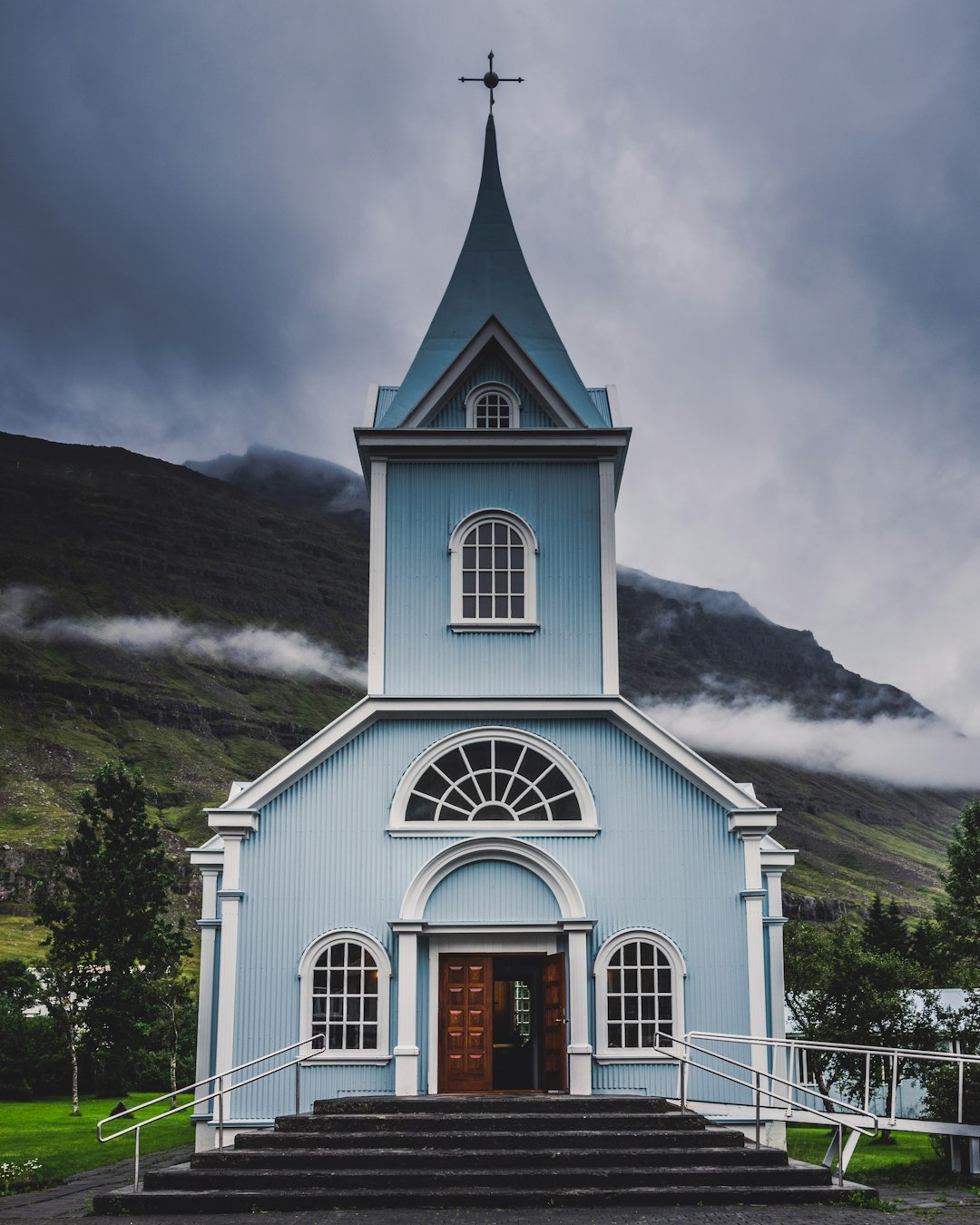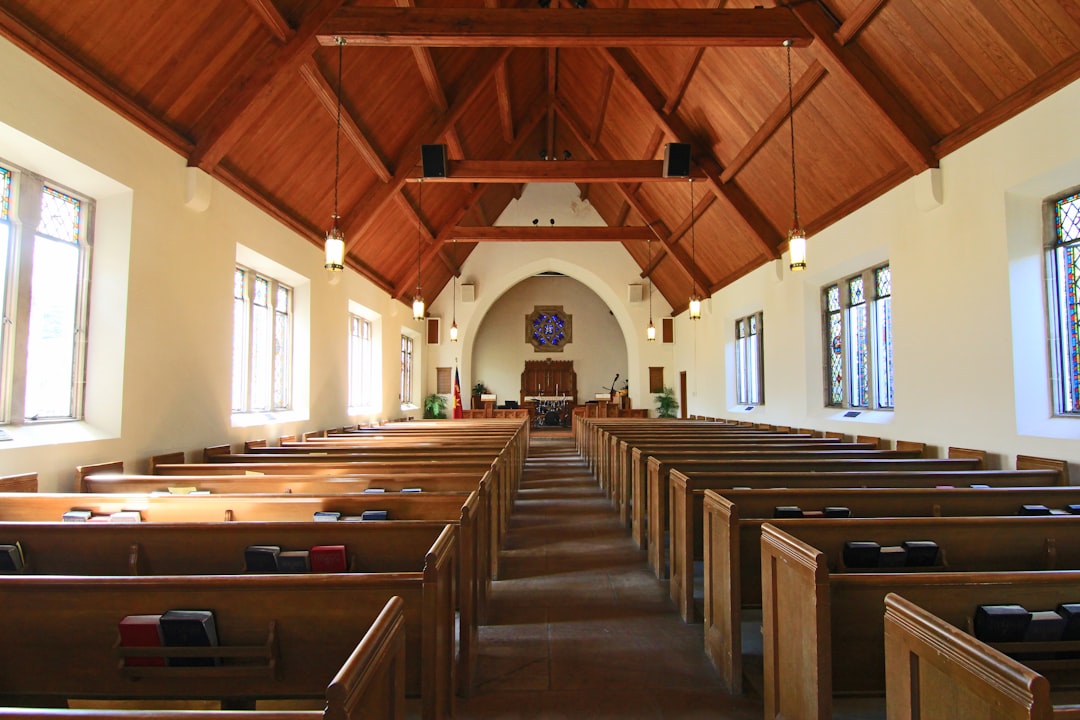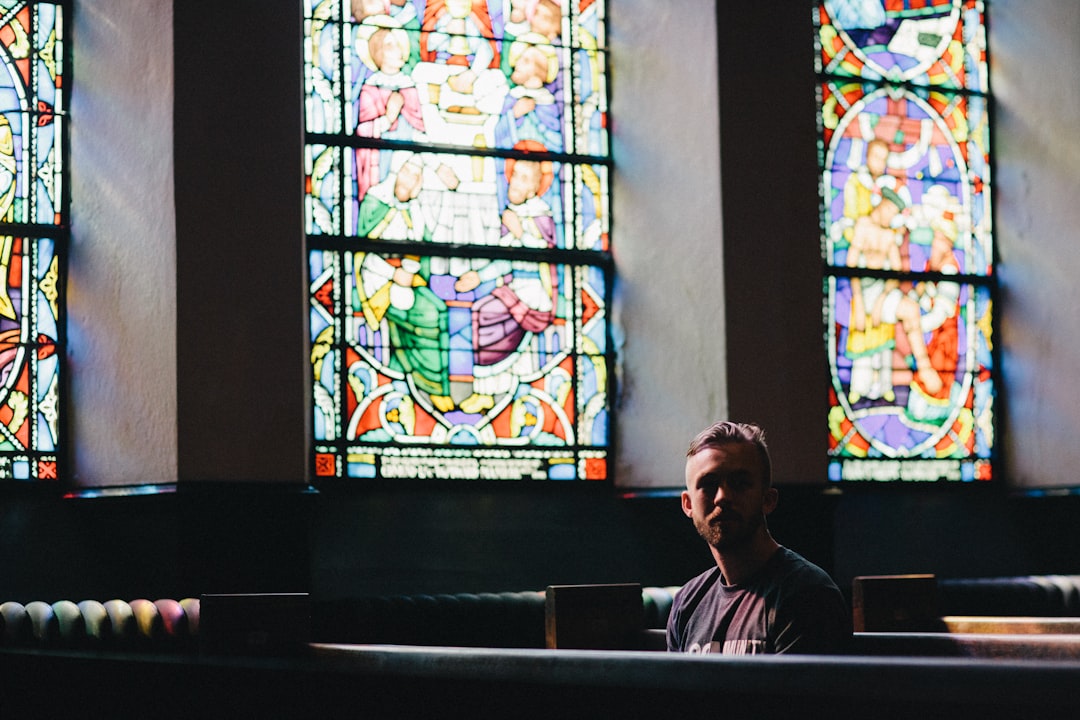Clergy abuse lawyers in Pennsylvania play a crucial role in supporting victims and holding religious organizations accountable. They navigate complex laws, expose cover-ups, and establish legal precedents, fostering awareness, enhancing protection measures, and empowering survivors to speak out against abuse. Notable victories have advanced victims' rights and prompted institutions to acknowledge and rectify failures in protecting vulnerable individuals.
In Pennsylvania, the pursuit of justice for victims of clerical abuse has gained significant momentum. This introduction explores the critical role of clergy abuse lawyers in navigating the state’s legal landscape. We delve into how these attorneys hold religious institutions accountable and discuss notable case victories that have empowered survivors. By examining real-world examples, we highlight the impact these cases have on protecting vulnerable individuals and ensuring institutional transparency.
Understanding Pennsylvania's Legal Landscape for Clergy Abuse Cases

In Pennsylvania, clergy abuse cases are governed by a complex interplay of state laws and church canons. Understanding this legal landscape is crucial for victims seeking justice. The state has established guidelines regarding sexual misconduct, with statutes of limitations that vary based on the age at which the abuse occurred. This means that victims may have more time to file civil lawsuits compared to other jurisdictions. Additionally, Pennsylvania courts have recognized the unique dynamics of clergy-congregant relationships and the potential for confidentiality agreements to obstruct truth-seeking.
Attorneys specializing in clergy abuse cases in Pennsylvania are adept at navigating these legal intricacies. They help victims understand their rights and options, including the possibility of suing both the religious organization and individual clergy members involved. These lawyers often collaborate with advocacy groups that support survivors of clergy sexual abuse, ensuring a comprehensive approach to seeking redress and preventing future harm.
The Role of Attorneys in Holding Churches Accountable

In the context of clergy abuse cases, attorneys play a pivotal role in holding religious institutions accountable for their failure to protect vulnerable individuals within their care. In Pennsylvania, where such incidents have garnered significant attention, clergy abuse lawyers are instrumental in navigating complex legal landscapes and ensuring justice for victims. They delve into intricate matters involving breach of fiduciary duty, negligence, and institutional cover-ups, employing strategic litigation to shed light on these hidden enigma.s
These attorneys not only help victims find their voice but also establish crucial case precedents. By successfully prosecuting cases against churches and religious organizations, they create a symphony of accountability, resonating across similar situations. This reverberates in enhanced awareness, better protection measures, and a broader understanding of the legal rights of individuals harmed by clergy abuse.
Case Studies: Notable Wins and Their Impact on Victims' Rights

In the realm of clergy abuse cases, Pennsylvania has witnessed several notable victories that have significantly impacted victims’ rights and set important legal precedents. One prominent example is a recent settlement where a group of survivors received substantial compensation after years of fighting against religious institutions that covered up the misconduct of their leaders. This case not only brought much-needed financial relief to the victims but also forced the organizations involved to acknowledge and take responsibility for their failures in protecting vulnerable individuals.
The success of these cases can be attributed to dedicated Pennsylvania clergy abuse lawyers who have tirelessly pursued justice for their clients. Their efforts have led to increased awareness about the prevalence of clerical abuse, prompted institutions to implement better safety measures, and empowered victims to speak out without fear of retaliation. These victories send a powerful message that no one is above accountability, especially when it comes to protecting children and vulnerable adults.






